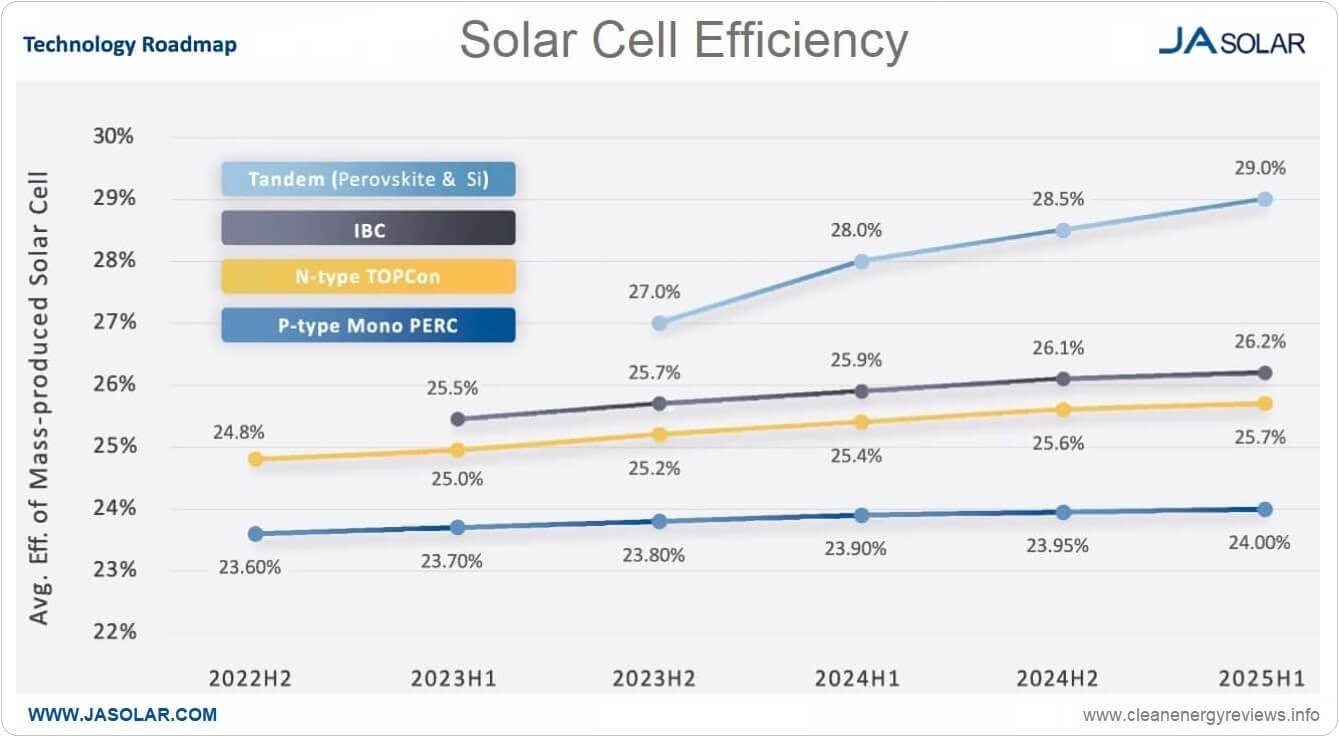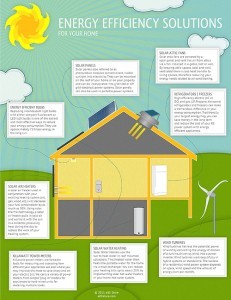
Off-Grid Brilliance: Powering Independence with Solar
Off-grid solar setups have emerged as powerful solutions, offering independence from traditional power sources. This article delves into the world of off-grid solar systems, exploring their benefits, components, and the transformative impact they have on energy access.
Understanding Off-Grid Solar Systems
Off-grid solar setups operate independently of the traditional electrical grid. They generate and store their own power using solar panels and energy storage systems like batteries. This autonomy makes them ideal for locations without access to a reliable grid or for individuals seeking complete energy independence.
Components of Off-Grid Solar Systems
Off-grid solar systems consist of several key components. Solar panels, the primary energy source, convert sunlight into electricity. Charge controllers regulate the energy flow to prevent overcharging or damage to batteries. Batteries store excess energy for use during periods of low sunlight. An inverter converts direct current (DC) from the panels and batteries into alternating current (AC) for household appliances.
Energy Storage and Battery Banks
Energy storage is a crucial aspect of off-grid solar setups. Battery banks store surplus energy generated during sunny days for use during nights or cloudy periods. Advances in battery technology, such as lithium-ion batteries, have significantly improved energy storage capacity and overall system efficiency.
Remote Locations and Energy Access
Off-grid solar systems play a vital role in providing energy access to remote locations. Areas without reliable grid infrastructure, such as rural communities or off-grid cabins, can benefit from the self-sufficiency offered by off-grid solar setups. These systems bring electricity to places where traditional power sources are impractical or unavailable.
Energy Independence and Self-Sufficiency
One of the primary advantages of off-grid solar setups is the achieved energy independence. Users are not reliant on external power sources, reducing vulnerability to grid failures or fluctuations. This self-sufficiency empowers individuals to control their energy production and consumption, fostering a sense of autonomy.
Cost-Effective and Long-Term Savings
While the initial investment in off-grid solar systems may be higher than traditional grid-tied setups, they offer long-term cost-effectiveness. Users eliminate monthly utility bills and potential connection fees, leading to significant savings over the system’s lifespan. The absence of ongoing electricity costs contributes to the financial appeal of off-grid solar setups.
Environmental Impact and Sustainability
Off-grid solar setups are inherently sustainable and environmentally friendly. By harnessing energy from the sun, users reduce their reliance on non-renewable resources, minimizing their carbon footprint. This eco-friendly approach aligns with global efforts to transition towards cleaner energy sources and mitigate climate change.
Adaptability to Various Scales
Off-grid solar setups are adaptable to various scales, from small residential installations to larger systems powering entire off-grid communities. This scalability makes them versatile solutions for diverse energy needs. Individuals can tailor the size of their off-grid system based on their energy consumption requirements.
Challenges and Considerations
While off-grid solar setups offer numerous benefits, they come with challenges and considerations. System maintenance, battery replacement costs, and the need for proper sunlight exposure are factors that users must take into account. Adequate planning and regular maintenance are essential for maximizing the longevity and efficiency of off-grid solar systems.
Exploring Further: Off-Grid Solar Setups
For a comprehensive exploration of off-grid solar setups, their benefits, components, and considerations, visit Off-Grid Solar Setups. This resource provides valuable insights and information to guide individuals and communities in harnessing the brilliance of off-grid solar systems for sustainable and independent energy solutions.



